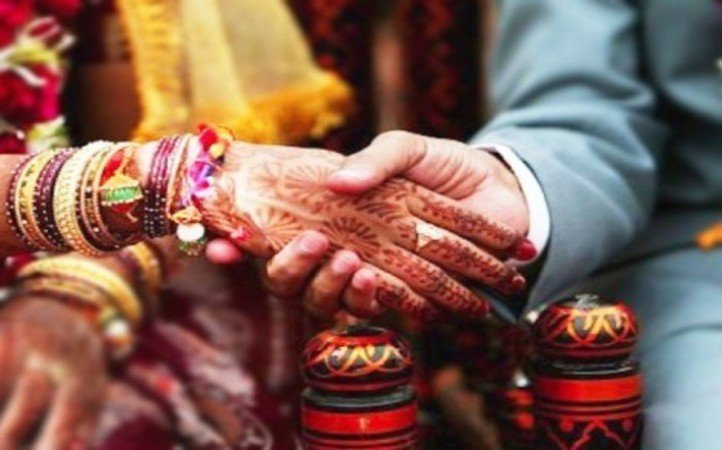If you thought being dumped via text messages or Facebook was a terrible thing, it’s not hard to understand why a majority of Muslim women oppose the triple talaq or divorce. As bizarre and irresponsible as it may sound, the world comes crashing down for many Muslim women, when their husbands deliver three talaqs by text messaging or Skype.
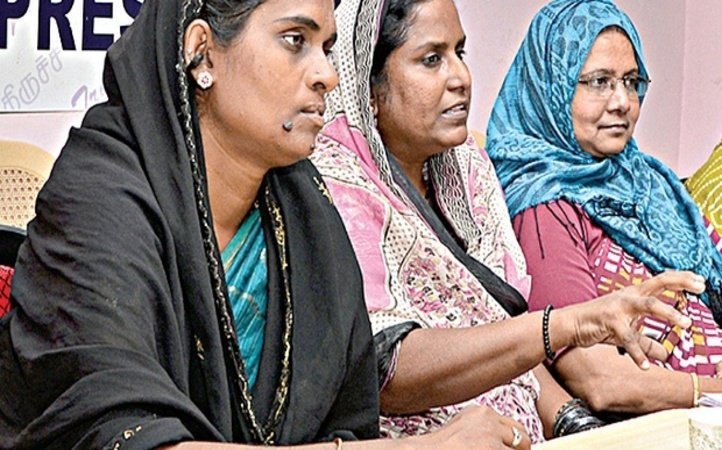
In a survey conducted by NGO, Bhartiya Muslim Mahila Andolan, over 92 percent Muslim women from among thousands interviewed, opposed the practice of husbands simply saying talaq thrice, to end the marriage. Among other domestic violence and being married at a very young age were also issues reported in a high number of cases.
Coming from poor families
These women are left in a difficult situation as most of them come from families earning less then Rs 50,000 a year. The divorce also proves to be a stigma, with women not finding much support within the family. While 82 percent did not have any property to their name, around 91 percent opposed a second marriage by their husband, Islamic law permits four.
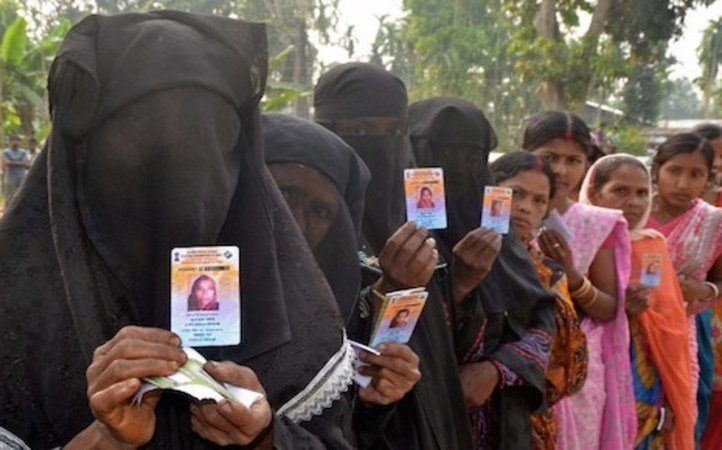
The organisation also conducted Sharia adalats for troubled women, where a whopping 80 percent of the 235 cases registered were of oral divorce. 93 percent women preferred an arbitration process before divorce, while over 80 percent said codification of Muslim family law might help.
A sacred bond?
It is strange to see that in a society where marriage is seen as a ‘sacred bond’, ending the marriage has become more like a joke. While it is already unjust that women do not have a say in the divorce, the oral talaq is also taken for granted.
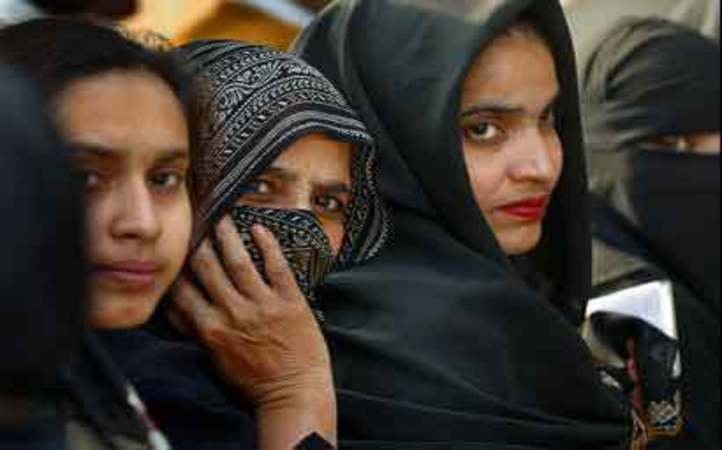
It is also reportedly said that three talaqs exist, so that the man may opt for ‘reconciliation’ after one or two. But mostly three talaqs are delivered at once in a ‘fit of rage’, which does not make much sense.
Different arguments
While some scholars argue that there should be a waiting period between three talaqs , the system of delivering them at once is historically recognised. Also the fact that a man exclusively has the right to reconcile with the wife twice after declaring a divorce, in case ‘he’ thinks that ‘he’ made a mistake, gives too much authority to just one party concerned.
Political appeasement
Unfortunately the government has not paid much attention to the reforms in Muslim personal law, in order to appease religious groups which have become self proclaimed representatives of an entire community. For these groups any reform is interference in religious matters and rights of women hardly matter.
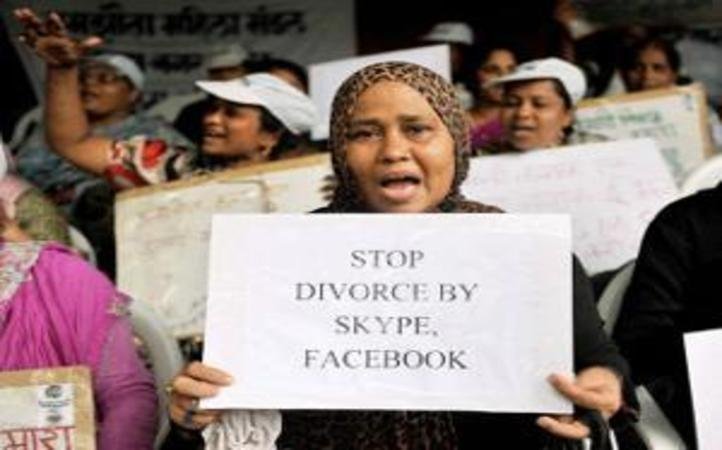
Though there is a provision for women to petition a judge of Muslim jurisprudence for a divorce under certain conditions, they hardly have a say in the matter. And political factions which are quick to gain mileage from religious issues hardly pay attention to this.
While rights ranging from three talaqs to multiple marriages being reserved for men do not do much for gender equality, the responsibility required to exercise them is often taken for granted.
